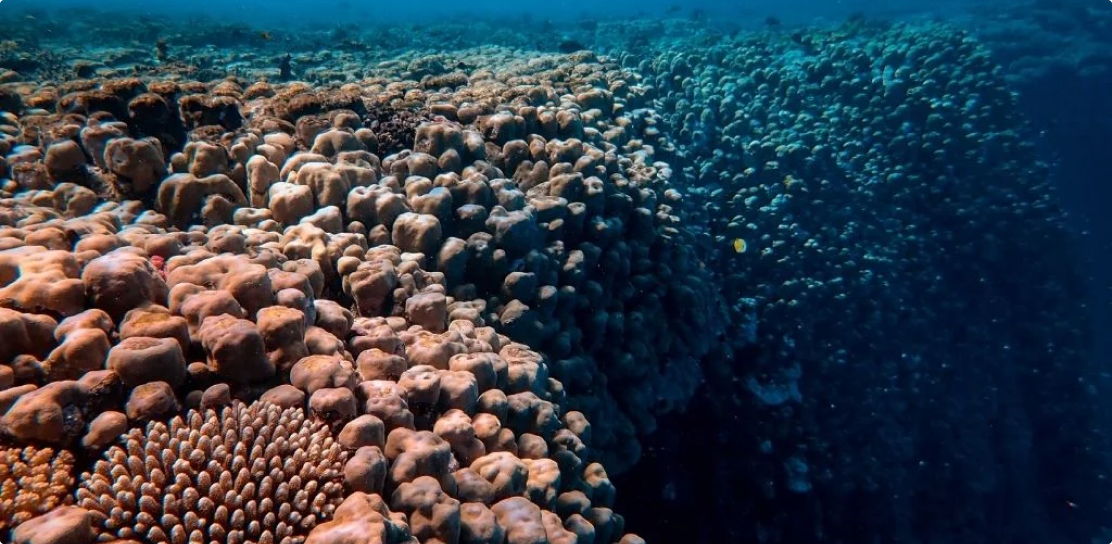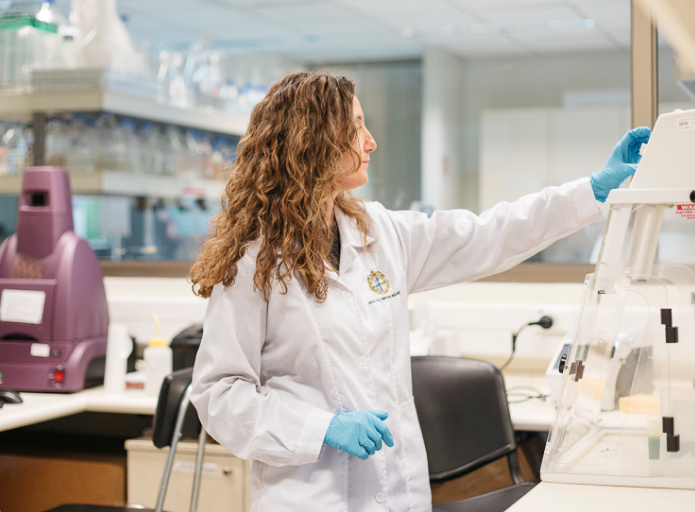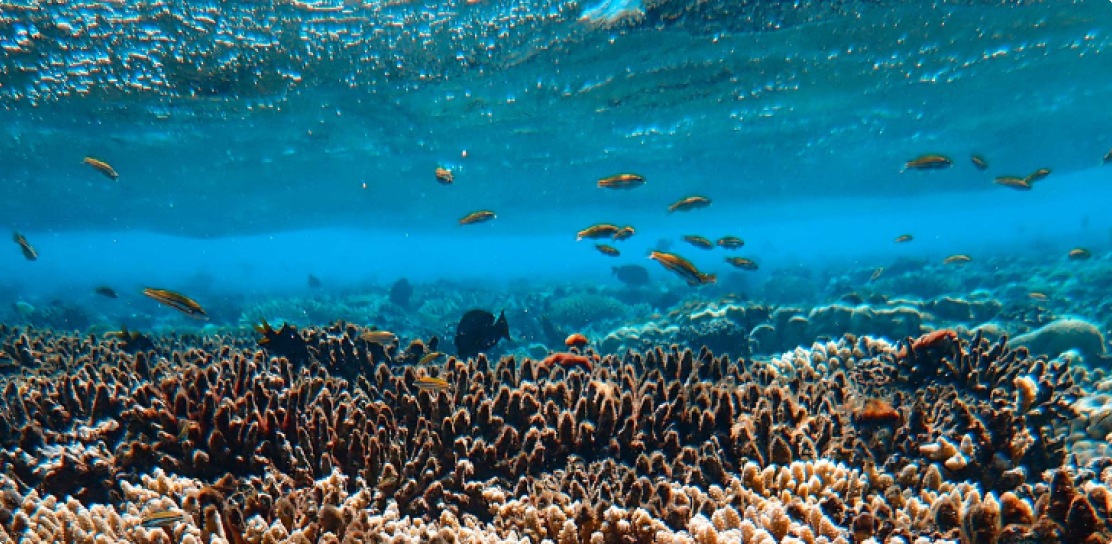Post-Graduate Studies

Students enrolled in the Doctoral Program in Biological Sciences UC who opt to develop studies in marine organisms and ecosystems typically develop their research thesis at ECIM. The structure of the Doctoral Program considers a one-year-long first-stage, in which students acquire advanced knowledge in the field of ecology and evolutionary biology, cognitive skills and specific procedures and techniques that allow them to plan and design their Thesis research. This first stage includes intensive courses developed primarily in Casa Central Campus of the University, located in Santiago. The second-stage, starting in the second year, is dedicated to developing Thesis research. Students interested in marine sciences can develop the second-stage entirely or partly in ECIM- Las Cruces, under the guidance of any Professor in the School of Biological Sciences and an ad hoc supervising committee, who together safeguard the correct and successful development of the Doctoral Thesis.
Doctoral Program in Biological Sciences ECIM
Doctoral students developing Thesis research in the marine realm typically belong to either the Ecology or the Molecular Genetics and Microbiology specializations (“menciones”) of the Doctoral Program in Biological Sciences.
These two “menciones” are housed in the respective Departments of the School of Biological Sciences and several professors have active lines of research involving marine organisms and ecosystems.
You are encouraged to examine the lines of the research of the different professors. The two different “menciones” have independent acceptance procedures that can be found on the web pages of the Doctoral Program in Biological Sciences.

Within the Departments of Ecology and Molecular Genetics and Microbiology, as well as between these two Departments, there exist joint lines of research and students are encouraged to develop their Thesis under two co-advisors. Additionally, the Program stimulates the development of basic and applied research toward the ultimate goal of promoting conservation of biodiversity and the sustainable management and use of ecosystems, in the context of global change. The main research lines developed by students at ECIM include marine conservation of biological diversity, management and sustainability of coastal fisheries, social, behavioral, and economic aspects (human dimensions) of resource exploitation in the sea, population genetics, physical oceanography, mathematical modeling, and varied aspects of ecology and biology of marine organisms, populations, and communities.
The study of the Marine Reserve of Las Cruces, under the protection of ECIM, has formed part of several Doctoral Theses. The character and the effects of Global and Climate Change in the coastal ocean are matters of active research and has originated several doctoral theses. The study of species interactions through replicated experimental laboratory and field studies, as well as the study of microbial communities through metagenomics and other molecular techniques preoccupies an increasing number of students. Physical oceanography is one of the foci of research, especially the inter-disciplinary physical-biological interaction and consequences for conservation.
You can find a list of the doctoral theses conducted in marine topics over the past few years.
More information and procedures to apply to the Doctoral Program in Biological Sciences
keyboard_arrow_downA list of research lines of the Professors of the Department of Ecology and Department of Molecular Genetics and Microbiology can be found here. http://biologia.uc.cl/es/cuerpo-academico.
A detailed description of the Ecology and Molecular Genetics and Microbiology doctoral specializations can be found here http://www.bio.puc.cl/posgrado
More information about the requirements, application forms and requirements can be found here http://postgrado.bio.uc.cl/

Students from the Doctoral Program in Engineering Science of the Faculty of Engineering UC also develop part of their thesis research at ECIM. The main topics of research include marine Corrosion and Bio-Corrosion (the role of bacterial films in the corrosion process in the ocean), the study of wave propagation and coastal circulation through observations and numerical models, propagation of tsunamis, models of erosion processes in the coastal border, marine renewable energies, including tidal and wave sources, and marine robotics. Students must be admitted to the Engineering Doctoral program and have an advisor from the School of Engineering. In many cases, Doctoral Theses are co-directed by Professors in Engineering and in Biological Sciences.
More information and procedures to apply to the Doctoral Program in Engineering Sciences
keyboard_arrow_downAbout Research lines http://www.ing.uc.cl/cuerpo-docente/
Para mayor información de las menciones del Programa de Doctorado en Ciencias de la Ingeniería UC, requisitos y fechas de postulación, diríjase a
More information about the requirements, application forms and deadlines can be found here http://www.ing.uc.cl/postgrado/doctorado/doctorado-en-ciencias-de-la-ingenieria
Other Graduate Programs and Courses
keyboard_arrow_downECIM plays a central role in the internationalization of graduate education in our University. Approximately half of the resident research community at ECIM are researchers and students from other countries, primarily Europe and United States, who conduct research as part of the research internships of the program HERE-ECIM, in association to UC professors, or independently.
Schools and Workshops for Students
One of the international activities targeting foreign students in Latin America is the Escuela de Verano del Programa de Doctorado en Ciencias Biológicas that takes place every year in ECIM. The main objective of this summer school is to bring together potential doctoral students from different Latin American countries so that they get to know our Doctoral Program, the diversity of research topics, the professors and the university facilities to conduct research at the highest international level. Students get to know the main University campuses in Santiago and ECIM and learn about living conditions, the Chilean culture, application procedures and the diverse availability of fellowships and economic assistance to competitive students. The summer school is announced every year and selected students get a full fellowship (airplane tickets and room and board) to attend. More information can be obatained from the coordinator of Doctoral Program, Dr. Diego Bustamante (dbustamante@bio.puc.cl).
Every two years ECIM holds the Escuela Iberoamericana en Cambio Global (IberoAmerican School in Global Change). This is an intensive course/workshop organized by the Laboratorio Internacional en Cambio Global (LincGlobal), which is composed of researchers from the Consejo Superior de Investigaciones Científicas (CSIC) of Spain, researchers from the Universidad Federal de Rio de Janeiro (UFRJ) of Brazil and from the Departamento de Ecología, UC, Chile. The school receives 15-20 graduate students from different countries in Ibero América who participate in varied aspects of global change research side-by-side with postdocs and senior LincGlobal researchers. Thus, the school is by itself a research experience in advanced topics of global change. In this manner, students are exposed to inter-disciplinary group research whose results commonly originate manuscripts or scientific documents. For more information contact Glenda Llanos (gllanos@bio.puc.cl).
The International Associated Laboratory (UMI) “Biodiversity and Evolution of Marine Algae” of CNRS, France and UC Chile, organizes every three years an international course in ecology, genetics and evolution, center in marine macro- and micro-algae. The course is offered in an intensive format during 7-10 days and includes talks and lectures by internationally appraised researchers, researchers from UMI and practical activities in the laboratory, field and computation.